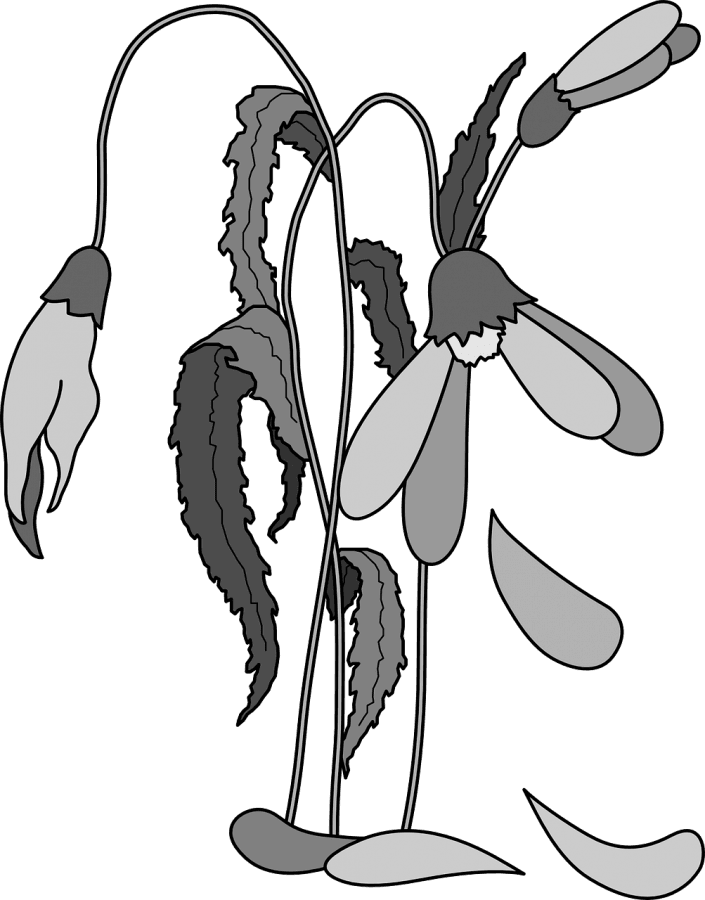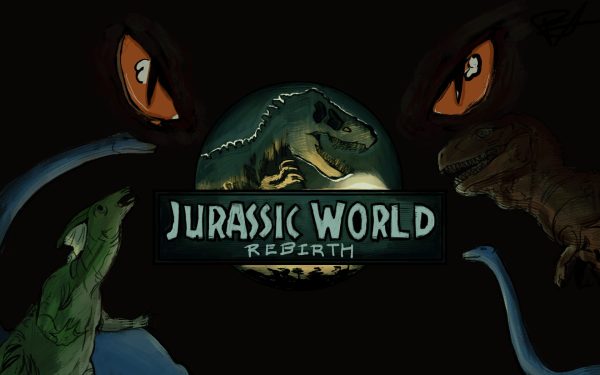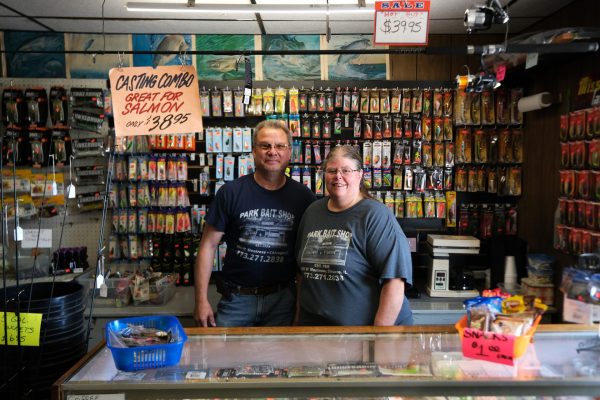Your parents’ relationship may impact your own more than you think
Credit: Graphic by Pixabay
From 1961 to 1963, Psychologist Albert Bandura conducted the Bobo Doll Experiment, which studied the ways children mimic certain observed behaviors. In the experiment, which serves as support for the complex question of nature vs. nurture, children were separated into three groups: one group was shown an aggressive adult model, another group was shown a non-aggressive model and the control group had no model shown. The group of children exposed to the aggressive model watched as the adult attacked a Bobo doll, both physically and verbally. The children that observed this showed more imitative aggression than those in the non-aggressive and control groups. The Bobo doll experiment is one that has taught us about the process of observational learning, which, when learned at a young age, determines certain behaviors that become increasingly difficult to dismantle in the future.
Though the Bobo Doll experiment has been deemed unethical by many of today’s psychologists, it does beg an important question: how do we learn –or not learn– love and affection?
Layers of differing experiences throughout every individual make it nearly impossible to find one definitive answer to this question, though external forces are often to thank, or to blame, for the presence, or absence, of affection in our personal relationships. Similar to the aggression learned in the Bobo doll experiment, affection can be observed and learned in a variety of ways, impacting our patterns of attachment that outline basic behavioral tendencies among individuals in their close connections.
“Early relationships with our parents impact our self-perception and patterns of behavior, which may result in unwanted thoughts or feelings,” said Angela Gilroy, a behavioral health intake counselor at Northwest Community Hospital. “Utilizing attachment theory and a trauma-informed approach, experienced therapists can help clients by demonstrating empathy in order to support their development of new beliefs and patterns of behavior.”
The methods of parenting we are exposed to as children can contribute to a world of differing social tendencies, which become cyclical when we have children of our own. These tendencies have the potential to be broken or adjusted through communication and new understanding of what affection means.
“My parents have never been affectionate, not only to me and my siblings but also towards each other,” said Grace Sampson. “I can’t blame them because that is how their parents were, too. They are the farthest thing from what I think a loving relationship should be.”
Sampson notices the ways in which the emotional and physical distance between her parents and herself have impacted how affectionate she is in her own friendships and romantic relationships.
“Giving a friend a hug for longer than two seconds makes me feel uncomfortable,” said Sampson. “My first boyfriend thought I didn’t like him because I wouldn’t want to hold his hand or kiss in public. I felt most myself when the affection was not compromised by the relationship model my parents gave me.”
Whether we are born into single-parent households, two-parent or co-parent households, or are children of divorce, outside forces such as friends, teachers, geographical location, celebrity influences, pop culture and video games are just a few of the external stimuli that build on who we become in our personal lives.
“I took a class called sex and death and we discussed preconceived notions of what we believe romantic relationships should be and I was curious as to where these ideas stemmed from,” said Emma Punch, a student at the Art Institute of Chicago. “ I realized that a lot of what I expect in romantic relationships came from more than what I observed from my parents, it was based on standards set in movies or the surface level views of unity and love that are fed to us by the media we consume.”
Harry Harlow was an American psychologist who studied maternal separation, dependency, and isolation. His theories and experiments, such as his famous monkey experiment which tested maternal dependency in infant monkeys, contributed largely to how we understand the importance of affection and caregiving. According to Harlow, “we begin our lives and learn human connection at home, it is the foundation upon which we build our lives,” he said. “If a [human] doesn’t learn love in infancy, he or she may never learn love at all.”







